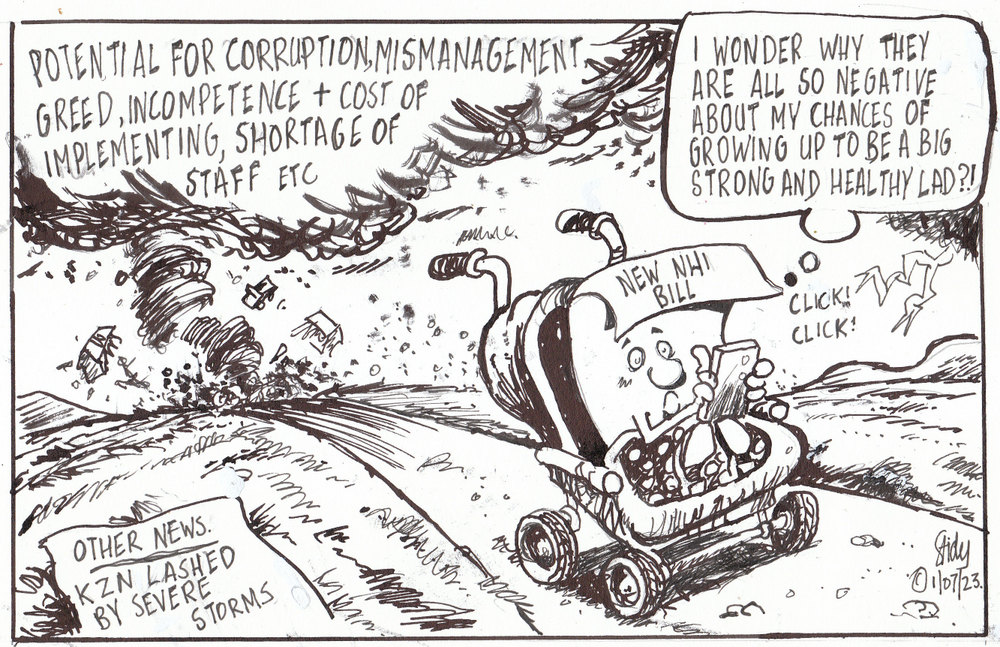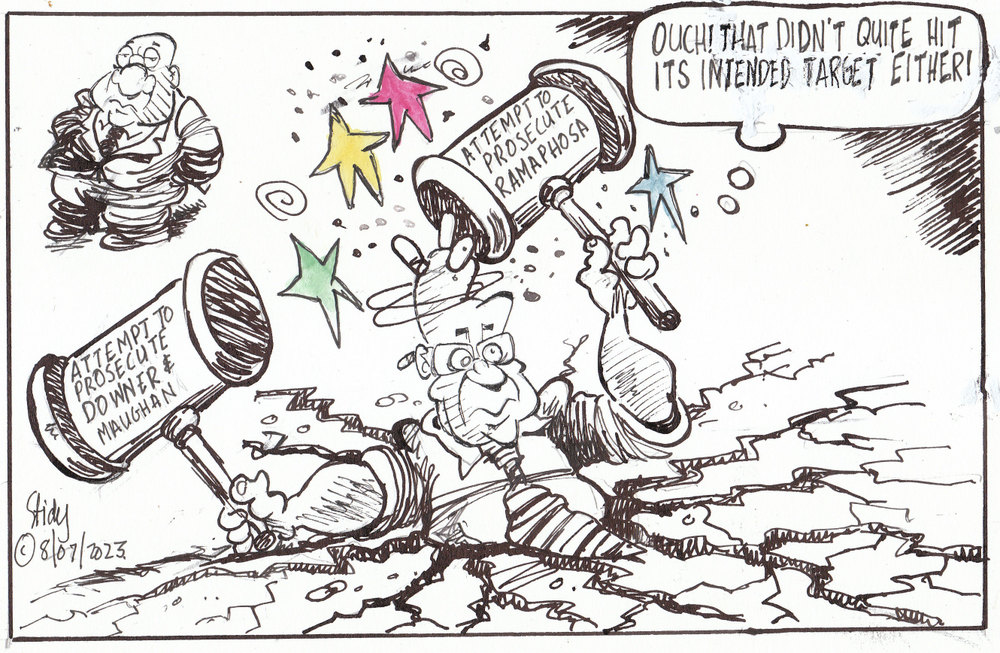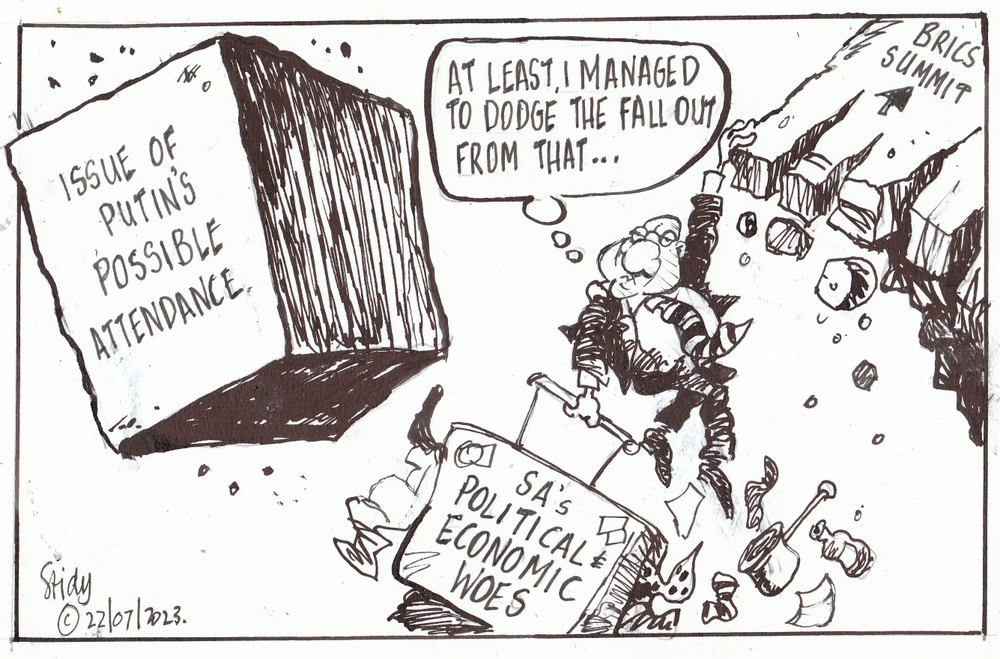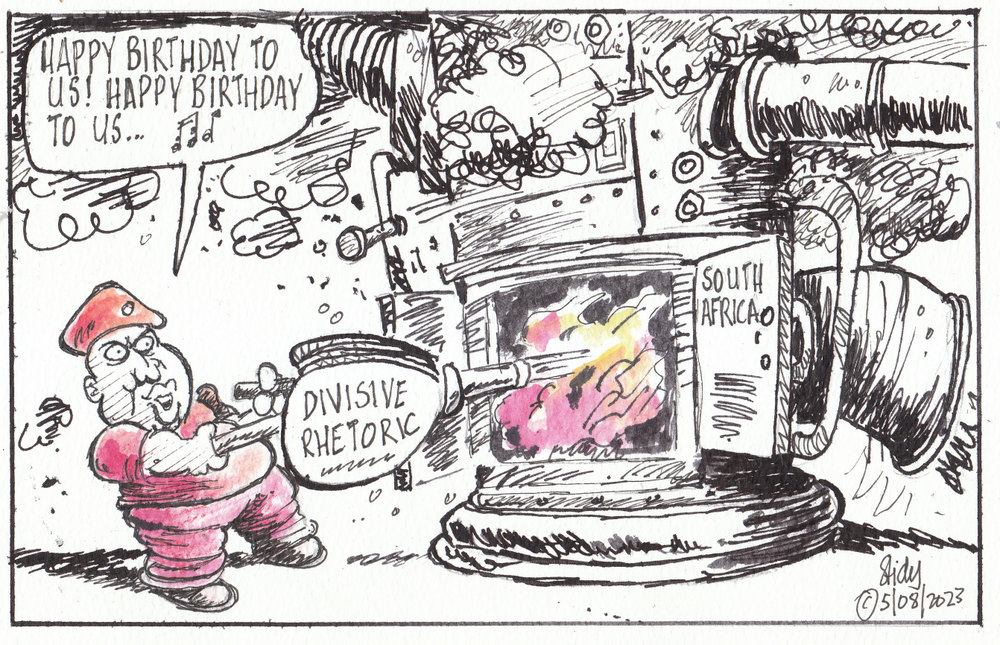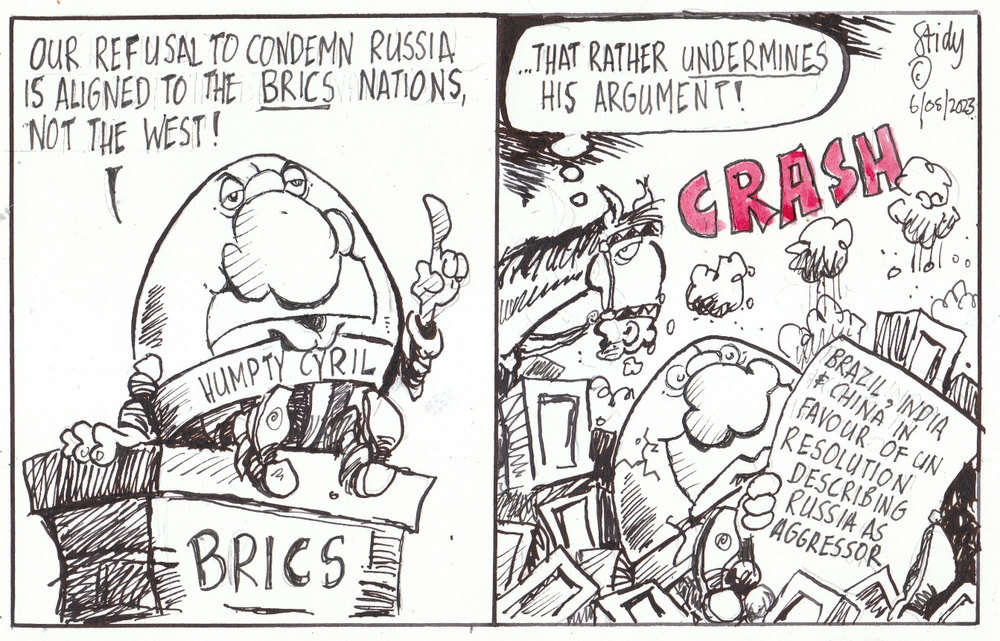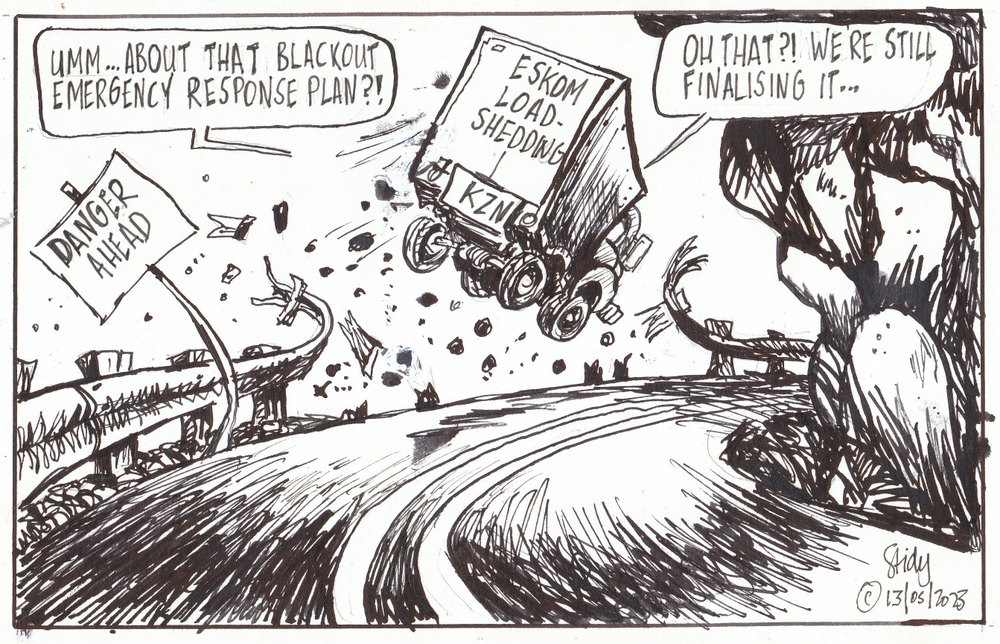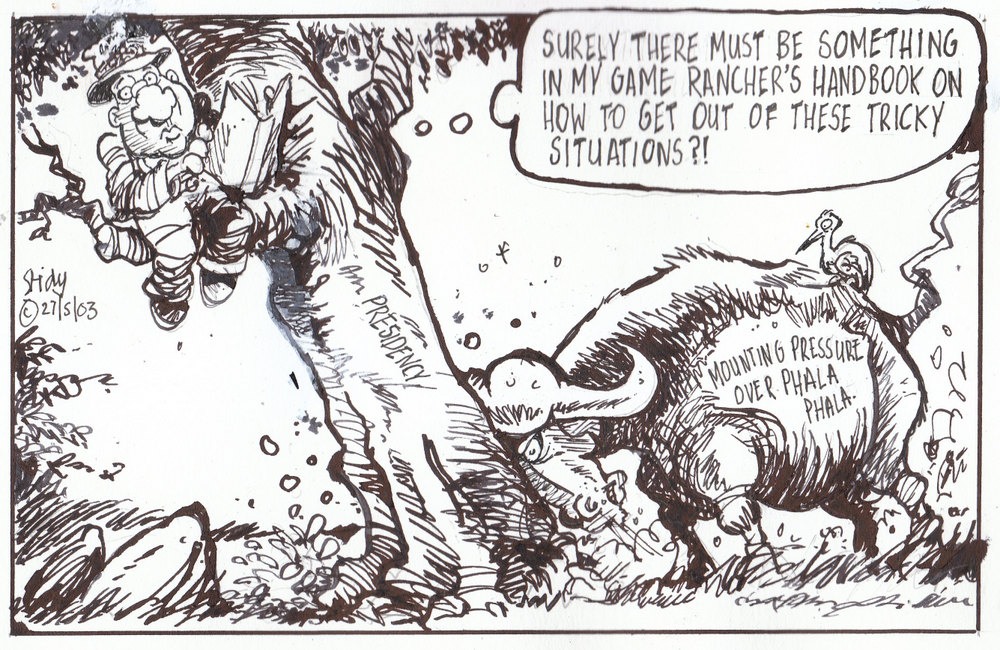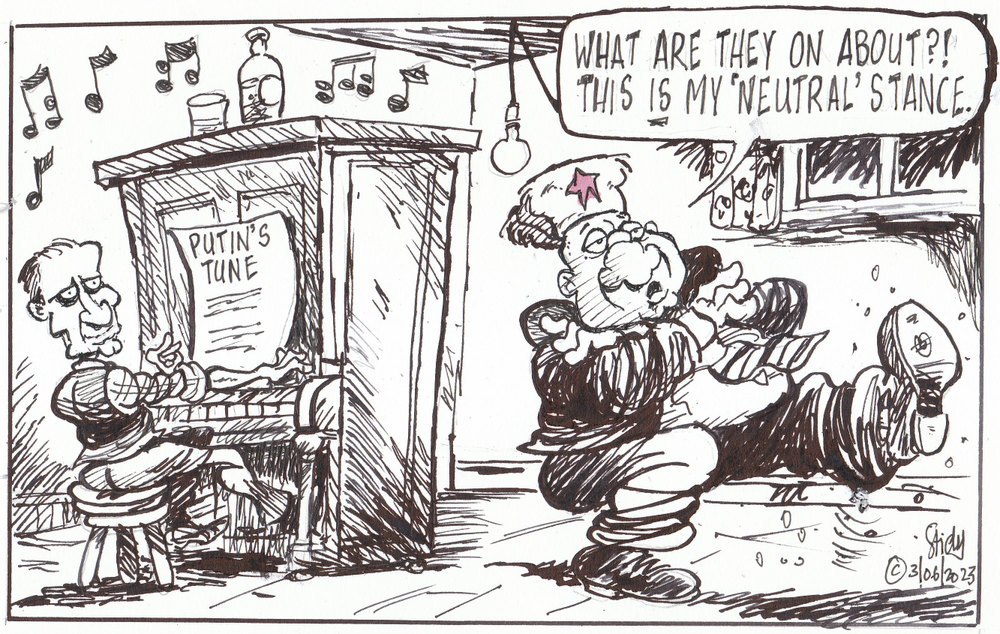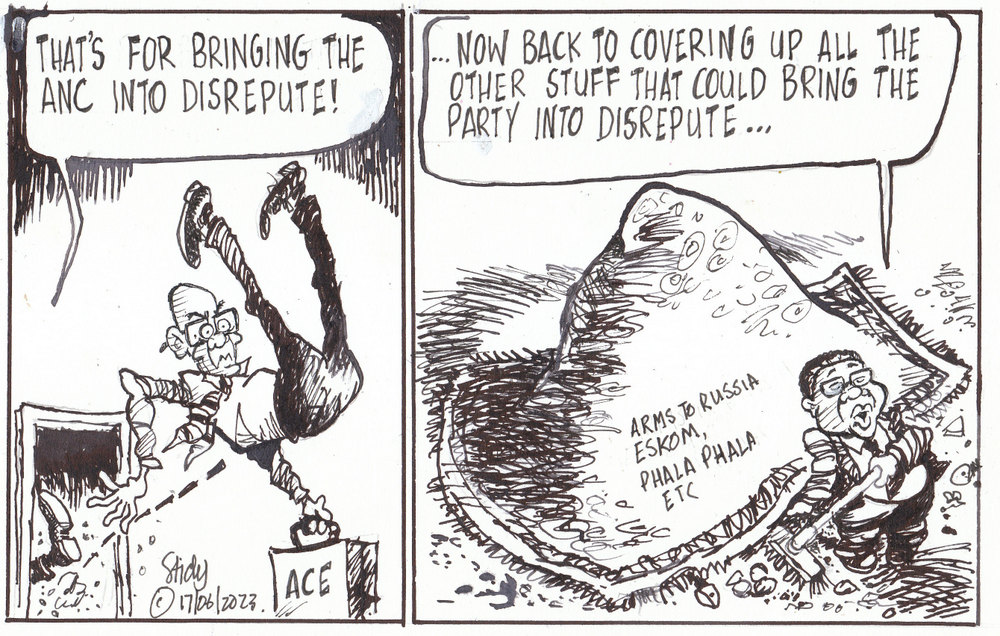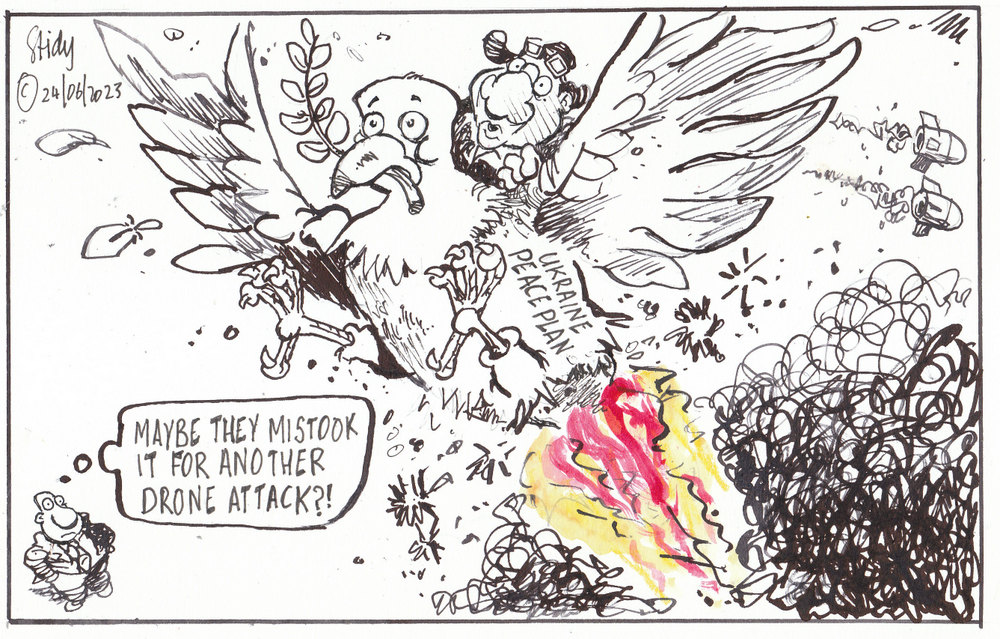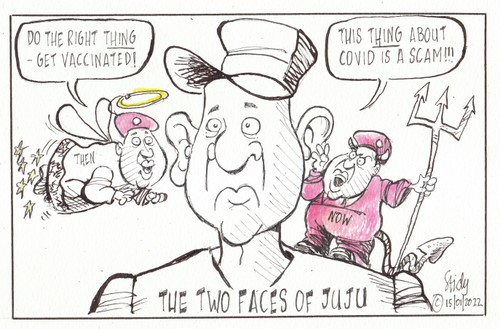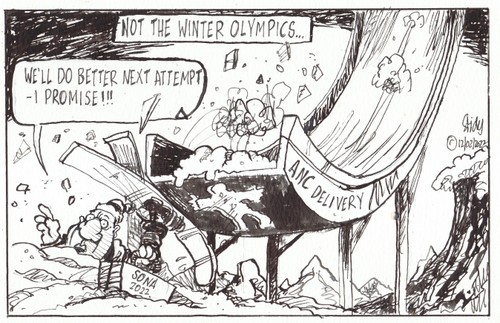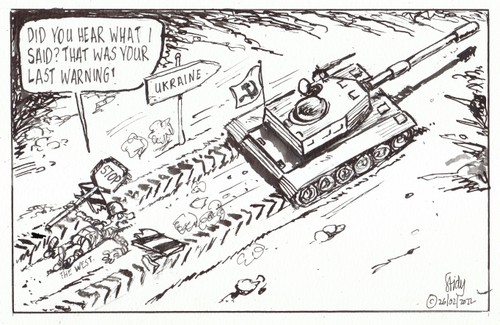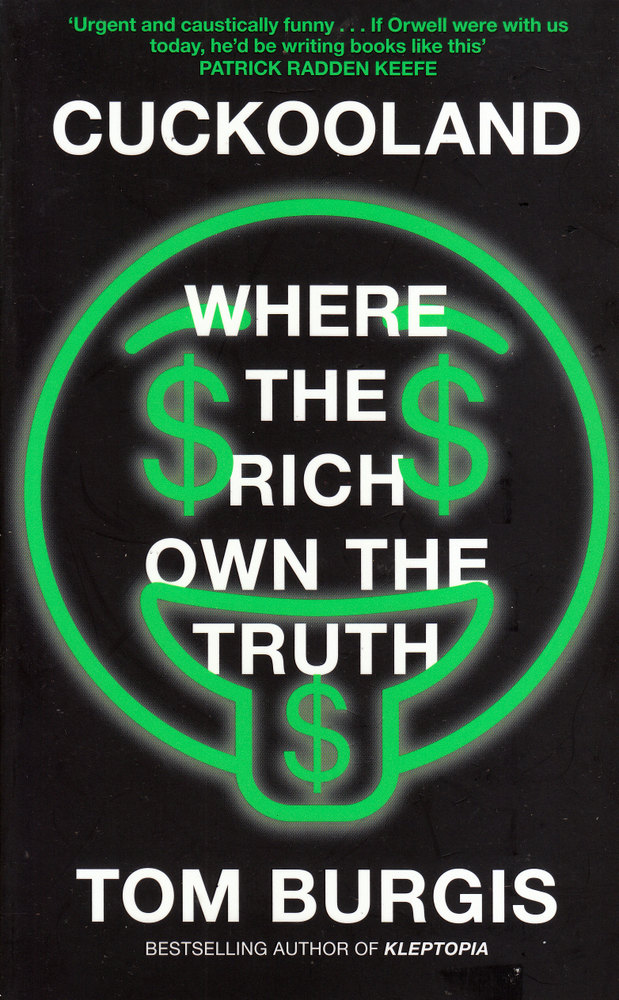
Published by William Collins
“The rich,” Scott Fitzgerald remarked “are different from you and me”. Reading Tom Burgis’s caustic, witty and, frequently, chilling, book which lays bare the control the super-rich now have, one can only but ruefully agree with the veracity of that observation.
Over the last several decades, the gap between the rich and the poor has, of course, grown even wider despite many governments’ empty promises to do something about it. This, in turn, has placed more and more power and influence in the hands of the extremely wealthy. All too often, the malign influence of their actions on the rest of the population and on the political and social fabric has gone unchecked.
In his meticulously researched expose Burgis, an award-winning investigative journalist, focuses on one man who believes his immense wealth has not only bought him immunity but the power to choose what he wants reality to be and impose it on the world – the Mombasa-born millionaire “dealmaker”, Mohamed Amersi. Determined to figure out who he really is, Burgis has dug into his business dealings, following a tawdry trail that leads him to countries run by criminals where liberal reforms have been blocked and corruption has condemned generation after generation to penury and strife.
Nor has Amersi just confined his dealings to repressive regimes in Russia, Kazakhstan and Uzbekistan. He has done his best to insinuate himself into favour in the supposed liberal democracies. As his fortune has multiplied and his list of (often unsavoury) contacts has grown so, too, has Amersi been studiously careful to reposition himself as a caring philanthropist and thought leader, intent on helping humanity. From his various estates in rural England, he continues to declare himself firmly against corruption. He has even been invited to deliver a lecture on the subject to Oxford’s School of Government.
His wealth has also bought him access to Britain’s elected rulers with the Conservative Party, in particular, being a major recipient of Amersi’s beneficence. Just how powerful a figure he has become in the land was confirmed when he was invited to Dumfries in Scotland to have dinner with the then Prince Charles where he undertook to support his various charitable causes. Impressed by Amersi’s character, the two continued to meet.
With his high self-regard and big fortune, it is hardly surprising that Amersi is openly contemptuous of journalists of the Burgis sort. In their interviews he not only constantly belittles the writer’s intelligence – Burgis faithfully records many of his put-downs – but he tosses out incriminating evidence confident the journalist would back off from using it when faced with his veiled threats, as well as access to expensive top-notch lawyers who specialise in libel cases.
In this, he seems to have misjudged Burgis who went ahead and published his account, despite the threats of very expensive legal action. The resultant book reads like a real-life thriller. Full of deft observations and dry, sardonic humour, it opens the lid on a world where rich, often amoral, businessmen – aided by self-serving politicians -think they can use their vast fortunes to intimidate others into silence while moulding the truth in a way that best suits them; what the author refers to as the “privatisation of reality”. Hopefully, as long as there are good investigative journalists in the Burgis mould around, they will never completely succeed.
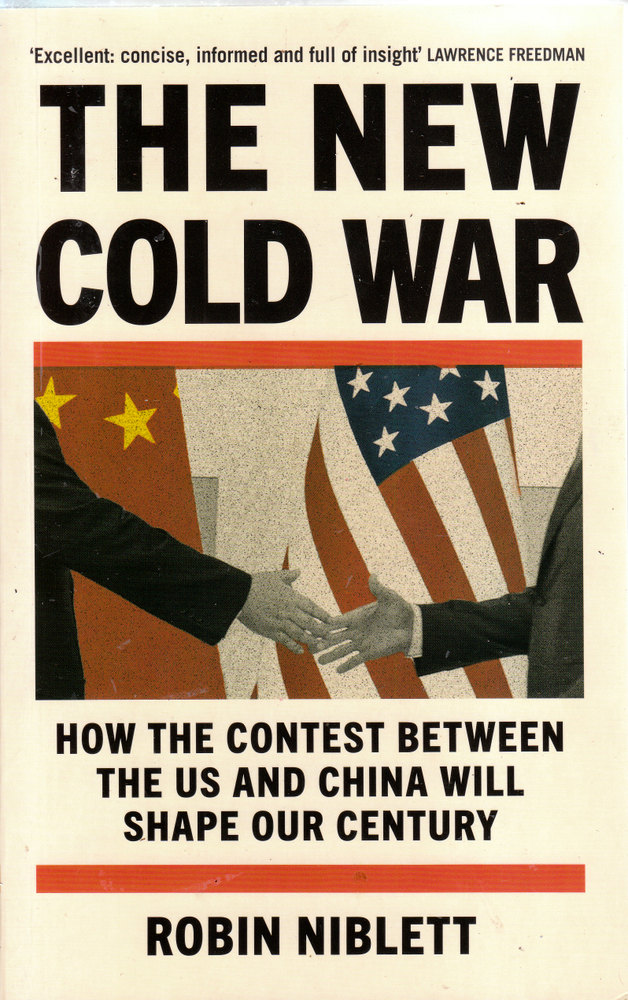
Published by Atlantic Books
America may now be the greatest colossus in history but the tectonic plates are shifting and its status as the world’s dominant superpower is increasingly being challenged by the rise of China as an economic and political force. This, in essence, is the subject matter of Sir Robin Niblett’s latest book The New Cold War: How the Contest Between the US and China Will Shape our Century. The author’s central thesis is that the West has entered a new Cold War, one in which the rules are very different to those that applied in the days of the old Soviet Union.
With two diametrically opposed systems of government – the one opaque, state-controlled and intent on imposing uniformity of thought and action; the other based on free market economics, capitalist entrepreneurship, personal freedoms and the rights of the individual – it was seemingly inevitable that tensions should have escalated between the two nations in recent years.
In this growing contest, it has not helped that America has become a deeply divided, strife-torn nation full of self-doubt and no longer sure of what its status is or how best to manage it relationships with the rest of the world. The gridlock in America’s politics has, for example, caused a great deal of anxiety among its traditional allies with Trump’s threats and actions, during his presidency, reawakening European fears of abandonment just when a combined strategy on China is most urgently needed.
Although they no longer share the same communist ideology, Vladimir Putin’s own mounting tensions with the West – especially since his invasion of Ukraine – has driven him to align Russia more closely with China although his country is no longer the powerhouse it once was. Both countries are now actively seeking to draw others into their orbit of influence (as we have seen only too clearly in South Africa under the ANC). Linked to this is another factor affecting the future balance of world power – the growing role and economic clout of those nations which, formerly, used to constitute the non-aligned movement but are now more commonly referred to as the Global South.
Looming large over the whole picture and complicating matters still further is the growing awareness that the amazing human progress enabled by economic globalization came with an ominous downside: climate change. The implications are huge. If we breach 2 degrees C of global warming above pre-industrial levels, as is distinctly possible, it will trigger catastrophic environmental damage. As the author warns – it “is a systematic problem that does not respect international boundaries…It will require a system-level response to which all countries contribute.”
To negotiate this highly polarised world with its “us versus them” mindset and averting the risk of outright conflict with China from becoming a self-fulfilling prophecy, will require great skill and understanding. In his concluding chapter, Niblett, a leading expert on international relations, makes numerous suggestions as to how we can best achieve this. Thoroughly researched and written with great fluency and skill, his book is as useful a guide as you would want to understand the great challenges facing our age.
